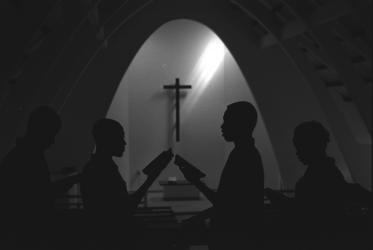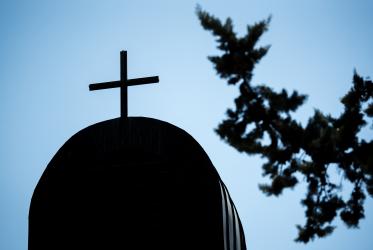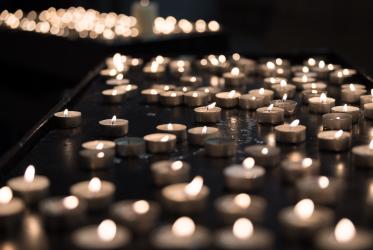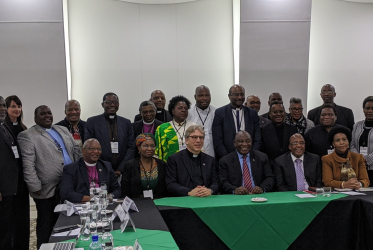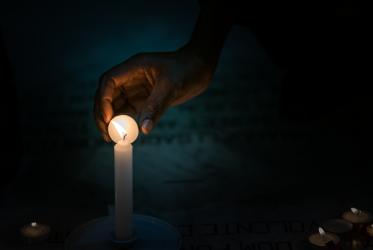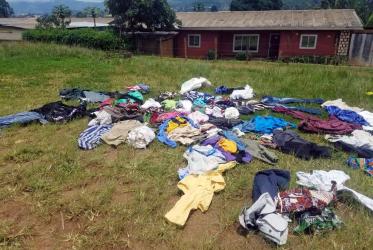Displaying 161 - 180 of 456
26 February 2020
A plea from Cameroon: “Take up our case to God”
25 February 2020
Young Africans are eager to grapple with challenges
09 January 2020
WCC condemns attack at Hanukkah celebration in New York City
29 December 2019
South Sudan Council of Churches shares Christmas message of peace
16 December 2019
WCC delegation meets with South African President Ramaphosa
09 December 2019
South Sudan Council of Churches: peace “is a question of the heart”
11 November 2019
Churches in southern Africa stand against violence, xenophobia
10 October 2019
WCC well-represented in Religions for Peace leadership
07 October 2019
Forum planned to address Anglophone crisis in Cameroon
24 September 2019
